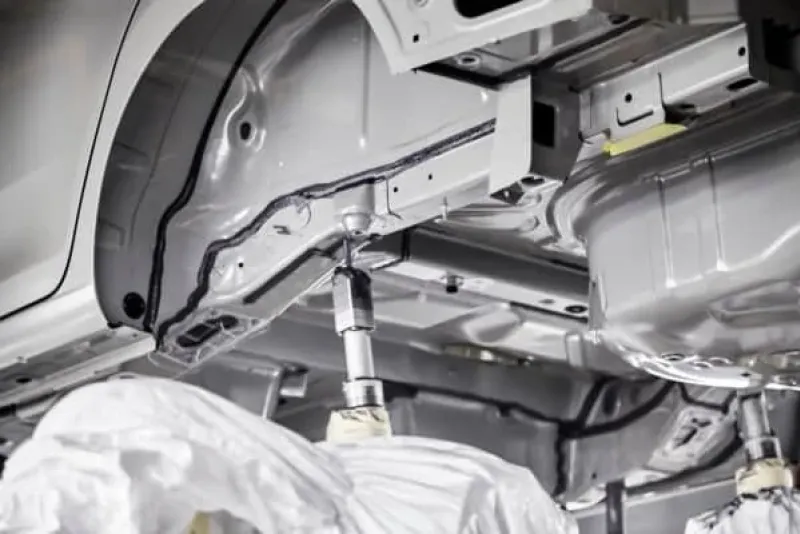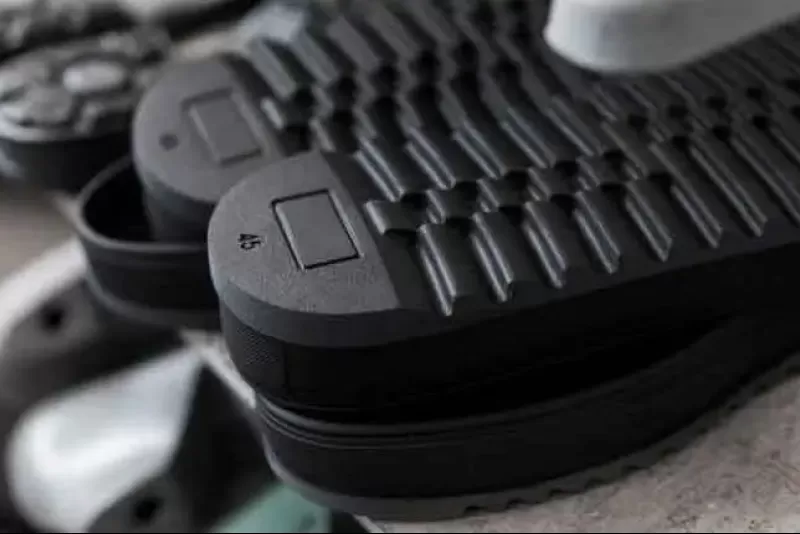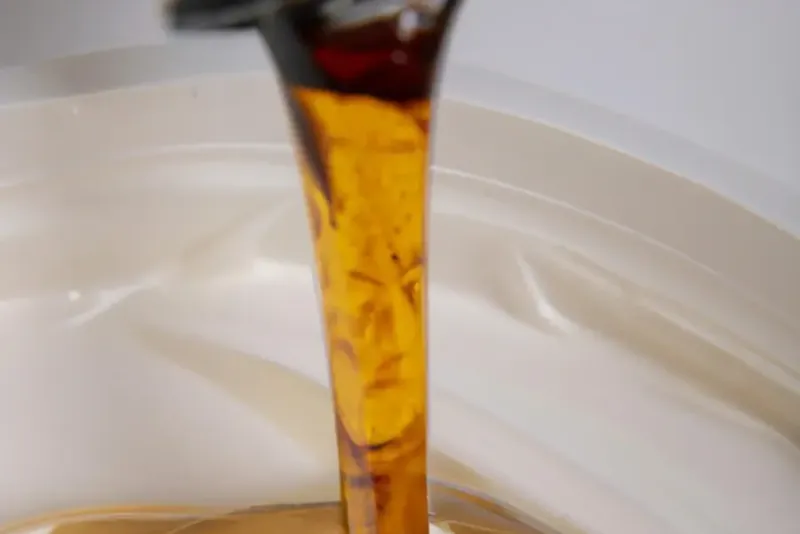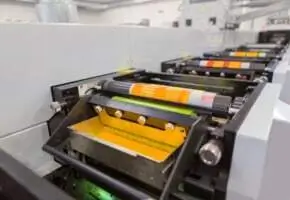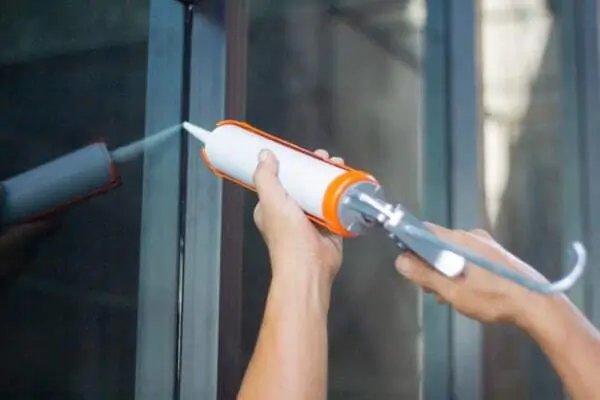Solvent free adhesives
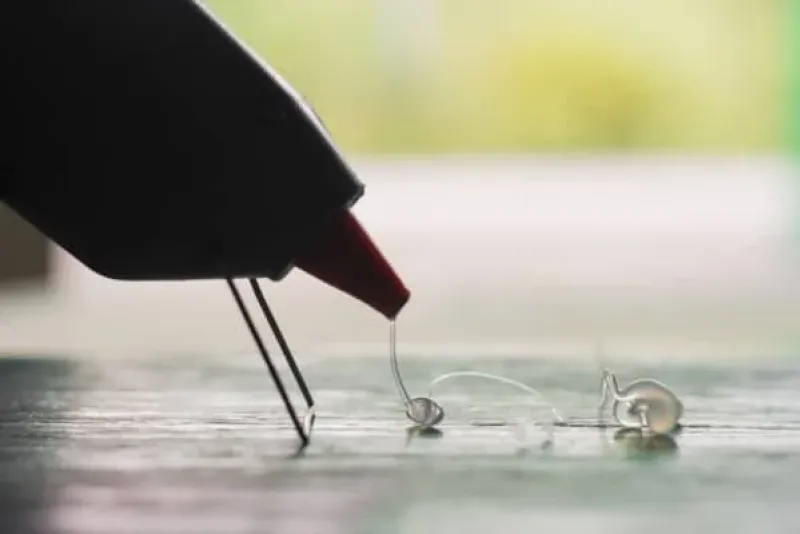
Solvent free adhesives grow in popularity
The growing interest and consciousness towards environmental responsibility is resulting in new technologies also in the adhesives industry. Solvent free adhesives are becoming more and more popular as they contribute to a greener future, user safety and reduced environmental impact.
But what is solvent free adhesive? For adhesives to be called solvent free, they must not contain more than 5% solvents. Therefore, several different technologies have been developed to reduce or eliminate the solvent content of the systems. The technologies include solvent free glue, hot melt and high solids adhesives as well as waterborne systems. All these systems are considered low VOC adhesives.
Ever increasing uses of solvent free adhesive solutions
First solvent free adhesives were a solution for low demand applications. However, as the technology is continuously improving, non solvent adhesives are becoming a desired solution in many industries. The industries that already rely on these low VOC adhesive solutions include the following.
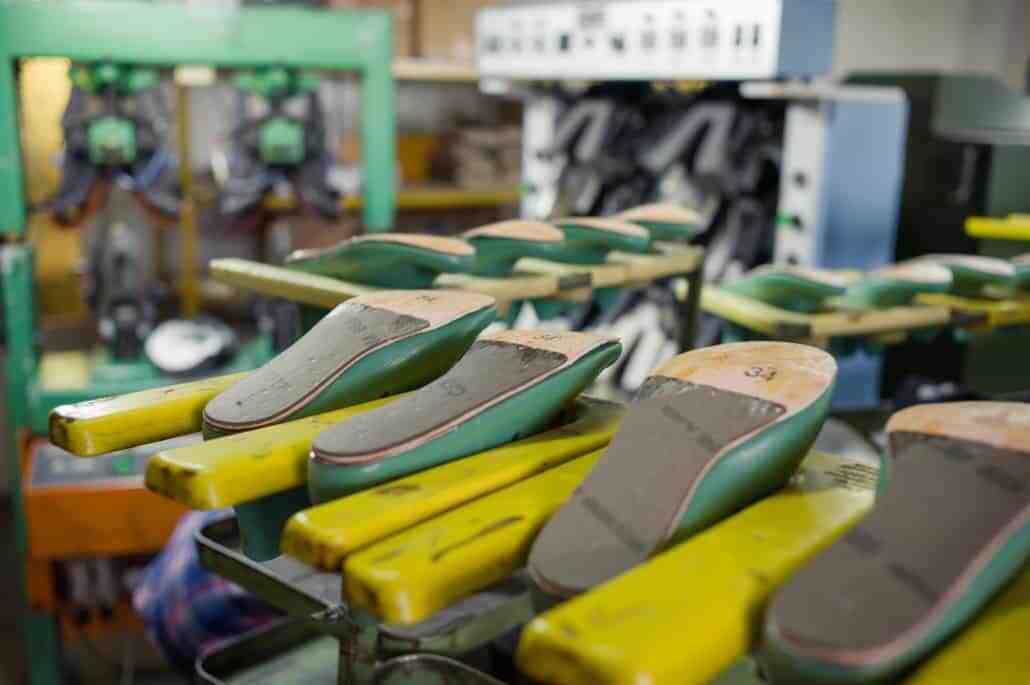
- Automotive: interior fittings such as headlinings and dashboards
- Packaging: especially lamination systems for flexible packaging
- Furniture: bonding and sealing upholstery
- Mattress: bonding mattress layers together
- Paper: envelopes, bookbinding etc.
- Textile and shoes: apparel and footwear, bonding upper to the sole
- Hygiene: for example napkins, sanitary diapers and other non woven materials
- Medical: solvent free adhesive pand-aids, surgical glues and cements for bones
- Construction: non solvent based construction adhesive systems as multi purpose solutions
Non solvent adhesive systems beat solvent solutions
The main reason for choosing for solvent free adhesives is the reduced environmental impact they have. The nearly or completely solvent free adhesive systems are safer for the environment and for people due to the fact that they do not emit nor contain much VOC (volatile organic compound). These non solvent, low VOC adhesive systems have, nevertheless, more advantages than just that.
- Lighter weight: bonding products that do not contain solvents tend to be lighter in weight both during the production and in finished products.
- Fewer product requirements: many countries set high requirements for chemical products that are allowed to be imported, especially regarding VOC. As solvent free adhesives have close to zero VOC, export is also easier.
- Fewer occupational safety requirements: in regards of occupational safety, non solvent adhesives have less requirements since processing them does not involve the possibility to inhale VOC emissions.
- Reduced health risk: The absence of VOC means safer end products since no hazardous chemicals have been used in the no solvents adhesive systems.
Low VOC adhesive systems by different technologies
As solvent free adhesive systems are increasing in demand, there are several ways to realize them. The technologies resulting in non solvent adhesive solutions include hot melts, high solids, solventless and waterborne solutions which we will take a closer look at below.
Hot melt and high solid non solvent adhesive solutions
One of the newer non solven glue technologies is hot melt adhesive. Generally, hot melts are 100% solids formulations leaving no space for solvents - the perfect solution when one is looking for a water and solvent free adhesive. They are thermoplastics which appear in a solid phase in room temperature. However, when the temperature is elevated, they become liquid with a good flow. After application, it only takes seconds before the non solvent glue solutions are back to solid phase forming strong bonds and seals – all without the use of solvents.
The hot melt adhesives are traditionally applied by spraying due to their reaction to temperature. However, they can be made rollable by reducing the solid share (usually to about 75%) making them liquid also at room temperature. This, however, means that some solvent will be involved but as long as it does not exceed 5%, they still can be classified as non solvent adhesives. Hot melts also exist as biodegradable systems currently used in the packaging industry.
Do not hesitate to contact us in case you require any additional information on the hot melt adhesive technologies.
Solventless adhesives
Solventless adhesives traditionally do not contain any solvent and were first developed for the packaging industry, more specifically as lamination for flexible packaging. Solventless adhesives were first used for low demand applications only. Due to continuous development, they are now good for any lamination application, even when high temperatures or chemicals are involved.
These solvent free adhesives carry the benefit of lower machinery costs. Even though machinery made for solvent based products cannot be used for this non solvent glue, the initial investment of new machinery is remarkably lower.
Water based dispersions as solvent free glue
The most traditional no solvents adhesive solution is water based. These adhesives use water instead of solvent as the carrier agent. They cure through water evaporation. Despite the fact that these adhesives are very traditional, they still know several innovative applications, for example, solvent-free adhesive tapes.
Please find more information on waterborne adhesive and sealant solutions in our article dedicated to the topic.
Take a step towards greener future with solvent free adhesive solutions
An increasing number of organizations take their environmental responsibilities more seriously and aim at altering their production means to contribute to a greener future. If you are also looking for solvent free adhesives for your product, do not hesitate to contact us. Our specialists are happy to assist you in finding you the best possible solution.
What solution are you looking for?
We are specialized in the about adhesives. Need the best products or advice? Then please leave your details and we will get in touch.
